On the afternoon of September 4, General Secretary To Lam and the Central Working Delegation visited and worked at the Vietnam Atomic Energy Institute ( Ministry of Science and Technology ) on the results of activities and development orientation of the Institute in the new period.
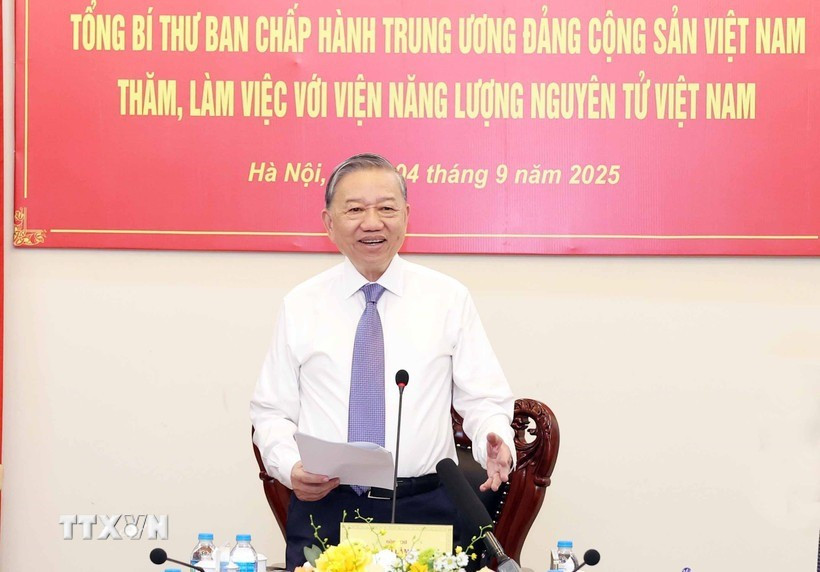
Also attending were comrades: Pham Minh Chinh, Politburo member, Prime Minister; Nguyen Duy Ngoc, Politburo member, Party Central Committee Secretary, Chairman of the Party Central Committee Inspection Commission; General Luong Tam Quang, Politburo member, Minister of Public Security; Le Minh Hoan, Party Central Committee member, Vice Chairman of the National Assembly ; Pham Gia Tuc, Party Central Committee member, Chief of the Party Central Committee Office; comrades of the Party Central Committee, leaders of central departments, ministries and branches; leaders of the Vietnam Atomic Energy Institute through the periods, and representatives of scientists.
Vietnam Atomic Energy Institute was established in 1979, formerly known as Dalat Nuclear Research Institute (established in 1976). Through the process of development and change, the Institute now has 12 affiliated units (3 management units and 9 research and development units, in Hanoi, Dalat, Ho Chi Minh City and Danang).
By 2025, the Institute will have 768 officers, civil servants and employees, including 1 Professor, 15 Associate Professors, 81 PhDs and over 350 people with postgraduate degrees, many of whom are internationally recognized experts.
The Institute manages research infrastructure, with two large national facilities: the Dalat nuclear reactor and the electron beam accelerator in Hanoi.
At the working session, Dr. Tran Chi Thanh, Director of the Vietnam Atomic Energy Institute, said that since the early years of independence, our Party and State had a long-term vision and quickly affirmed the strategic role of nuclear energy in national development.
Today, in the context of the Fourth Industrial Revolution with artificial intelligence, the Internet of Things and new technologies, nuclear energy in the world is making a strong comeback as a clean, stable and safe energy solution.
Many countries, including Vietnam, have considered developing nuclear power, considering it a strategic technology to ensure energy security, respond to climate change and promote sustainable development.
At the same time, the Party and the State pay special attention to promoting the application of atomic energy for peaceful purposes in economic fields. In addition to applications in electricity production, nuclear technology also has effective applications in many economic and social fields and sectors.
For example, in medicine: to diagnose and treat cancer; in agriculture: to induce mutations to create plant varieties with high yield, good quality, resistance to drought, pests, salinity, develop smart agriculture, and control pests on a large scale (SIT); in industry: to test and evaluate (non-destructively) the quality of equipment, pipelines, bridges, construction structures, microchips, etc.
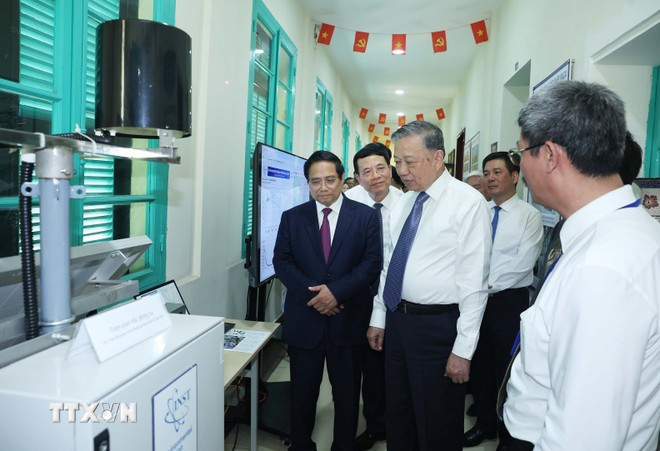
In water resources assessment and environmental management, nuclear techniques are a reliable method to determine groundwater reserves, recharge sources, pollution status, salinity, subsidence due to excessive groundwater exploitation, etc.
The Institute continues to expand the application of nuclear technology in many fields: Medicine; agriculture; industry; environment; defense-security...
Regarding development orientation, Vietnam Atomic Energy Institute positions its role and mission as becoming the leading research and development center in Vietnam and ASEAN on nuclear technology and atomic energy, aiming for international status.
The Institute's new mission, after 50 years of formation and development, focuses on mastering technology and contributing to the country's sustainable development; promoting comprehensive digital transformation in the Institute's management.
After listening to the opinions exchanged at the working session and giving instructions, General Secretary To Lam emphasized that over nearly half a century, the Vietnam Atomic Energy Institute has continuously grown, developed, and become a pioneer in research and application of atomic energy for peaceful purposes.
For Vietnam, nuclear power is not just an option but an objective and urgent requirement to ensure national energy security, fulfill the carbon neutrality commitment and create a breakthrough momentum for the country's industrialization and modernization.
The General Secretary commended, acknowledged and highly appreciated the silent but extremely great contributions of generations of cadres, scientists and workers of the Institute over the past nearly 50 years. In addition, the General Secretary also pointed out a number of current situations and major challenges that the Vietnamese Atomic Energy sector has to face.
From there, the General Secretary proposed to unify the strategic orientation throughout, absolutely not to trade safety for progress or scale, firmly build a safety culture as the foundation; at the same time develop endogenous capacity to master each key component and international cooperation, according to the principles of co-design, co-manufacture, co-operation, co-management. Developing the application of atomic energy must be a long-term strategy, requiring foresight, steadfastness and a comprehensive approach, from institutions, infrastructure, technology to people.
The General Secretary emphasized the orientations that need to be focused on, which is to identify nuclear energy development as a long-term strategic goal, of great importance and essence in socio-economic development, ensuring national defense and security.
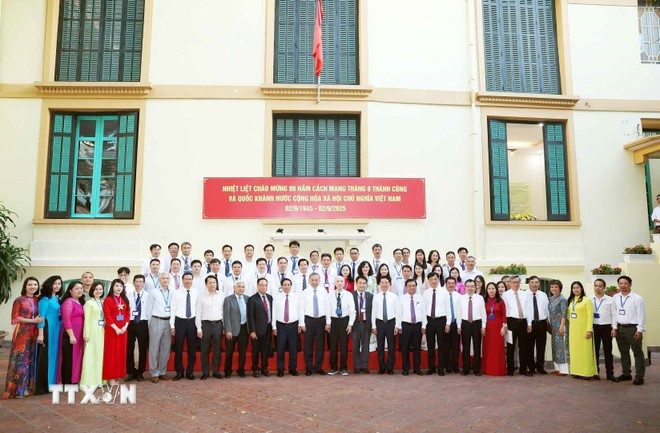
Developing nuclear energy also contributes to raising the status and stature of the nation. Building and developing nuclear power must ensure absolute safety for people, the environment and society, strictly following the guidelines of international atomic energy agencies.
The General Secretary requested to continue perfecting mechanisms and policies to create favorable conditions for the development of the atomic energy sector in accordance with the new situation; build a national program on nuclear technology and safety to ensure nuclear safety and security at international standards; build core science and technology capacity to deploy nuclear power and proactive and sustainable nuclear power applications, and improve the capacity and coordination ability on nuclear radiation safety of the Department of Radiation Safety.
The Institute needs to continue to play a core role in scientific and technological research, technical support, troubleshooting, providing scientific data, applied research, and training high-quality human resources.
The General Secretary suggested increasing investment in developing national research and testing infrastructure, focusing on rapid implementation, ensuring safety and efficiency of key national projects and works as well as strategies for enhancing Vietnam's science and technology and nuclear technology potential; strengthening research on topics and projects, moving towards mastering technology to serve the development of rare earth industry, nuclear industry and digital transformation industry.
The General Secretary pointed out that digital transformation and safe data management, interconnecting environmental radiation monitoring networks, digitizing data and equipment sources, perfecting a transparent and controlled data disclosure model to increase social trust, applying technology to create maps of radioactive sources, and AI tools to help assess risks in each region.
The General Secretary noted that it is necessary to develop high-quality human resources and technical standards, ensure inheritance and development for leading experts, attract domestic and foreign experts; study specific mechanisms and policies on salaries and allowances for those directly working in atomic energy and nuclear radiation safety; focus on research, approach, gradually master and localize new technologies and strategic technologies; strengthen international cooperation...
With its intellectual tradition, sense of responsibility and desire for innovation, the General Secretary believes that the Vietnam Atomic Energy Institute will, together with ministries, branches, localities and the scientific community, successfully carry out its tasks; requesting agencies to promptly concretize each task, regularly inspect, urge, promptly remove difficulties, ensure every step is certain, transparent, effective, and absolutely safe for the benefit of the people, for the future of sustainable development of the country./.
According to Nguyen Hong Diep (Vietnam News Agency/Vietnam+)
Source: https://baogialai.com.vn/tong-bi-thu-phat-trien-ung-dung-nang-luong-nguyen-tu-phai-la-chien-luoc-lau-dai-post565664.html


![[Photo] Hanoi morning of October 1: Prolonged flooding, people wade to work](https://vphoto.vietnam.vn/thumb/1200x675/vietnam/resource/IMAGE/2025/10/1/189be28938e3493fa26b2938efa2059e)





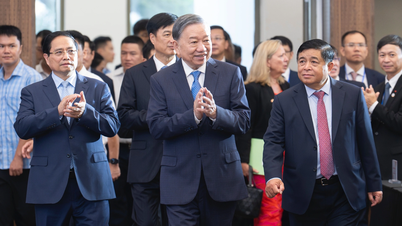

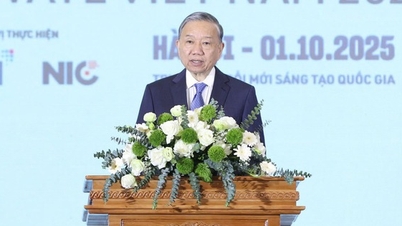





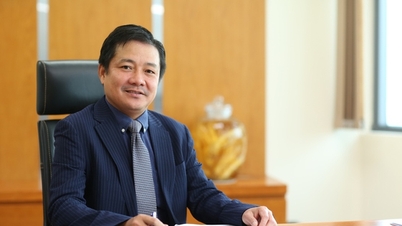



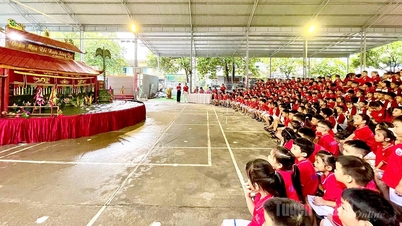

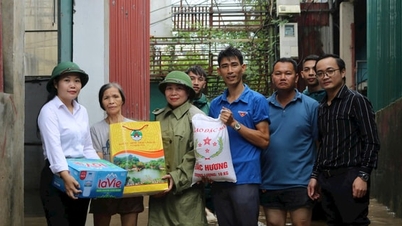

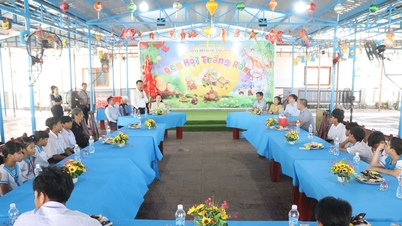

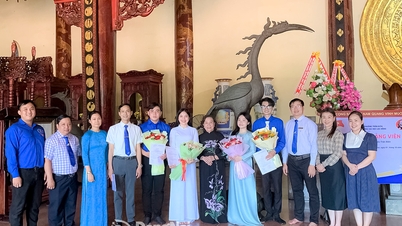

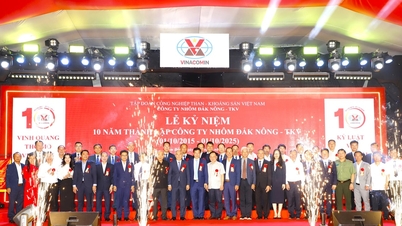

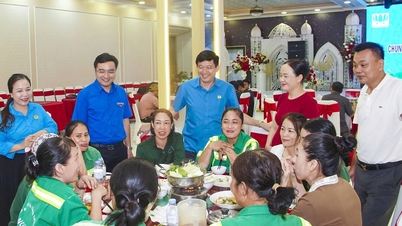





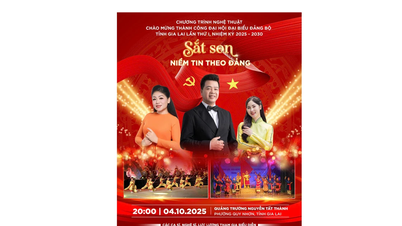
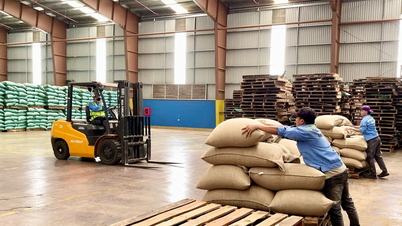
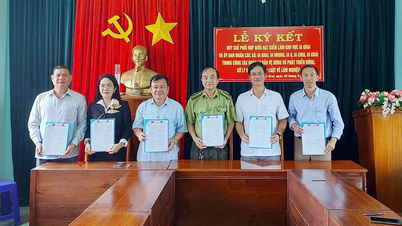
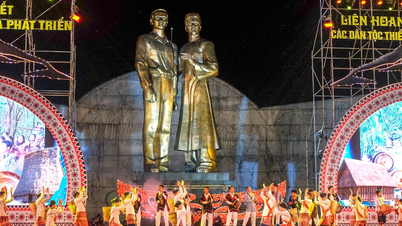


![[Photo] Panorama of the cable-stayed bridge, the final bottleneck of the Ben Luc-Long Thanh expressway](https://vphoto.vietnam.vn/thumb/1200x675/vietnam/resource/IMAGE/2025/9/30/391fdf21025541d6b2f092e49a17243f)




































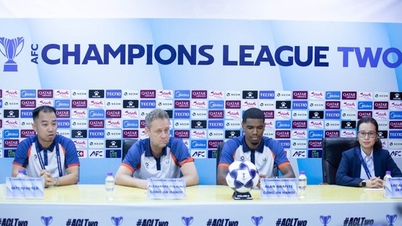

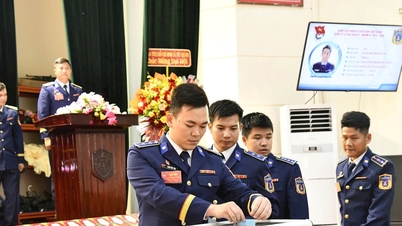
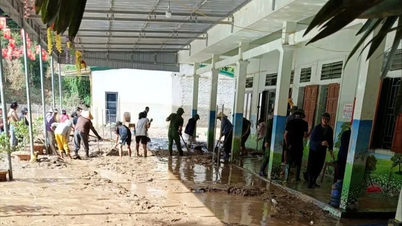
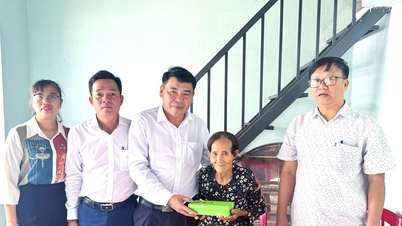
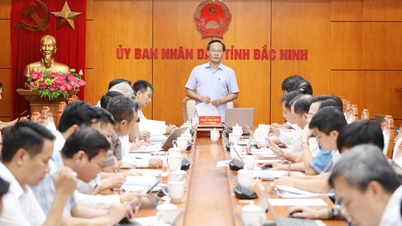
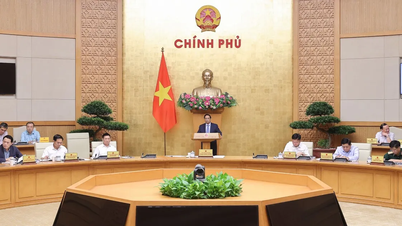














Comment (0)